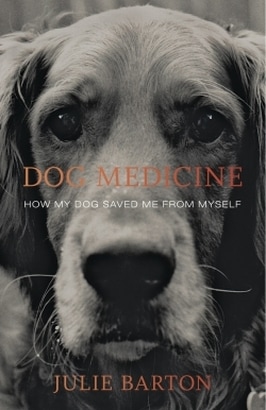
While there is a growing body of evidence that demonstrates the problem of stress among those who work in the healthcare industry, we haven't yet caught up with ways to tackle the problem. However, the Resident Doctors of Canada are implementing a new program that aims to improve physicians' resiliency and in doing so prevent burnout. Interestingly, the initiative is based on a training program utilized by the US Navy Seals and Canadian military to enhance the psychological and emotional strength of their troops.
"The training consists of two key pillars.
Participants are taught to spot where they fall at any given time on a mental health "continuum" or colour-coded stress scale.
Four zones — green, yellow, orange and red — represent escalating levels of stress and dysfunction and include recommended actions that doctors can take to reduce their levels of stress.
The second pillar consists of four skills that can control the body's hormonal response to stress, with the goal of overriding fear.
The skills seek to bypass the brain's amygdala — the emotional response centre that can stimulate a fight-or-flight response — and favour the frontal lobe, where rational decision-making occurs."
To find out more, click here:
http://www.cbc.ca/news/health/doctors-military-training-pressure-stress-1.3994718



 RSS Feed
RSS Feed
